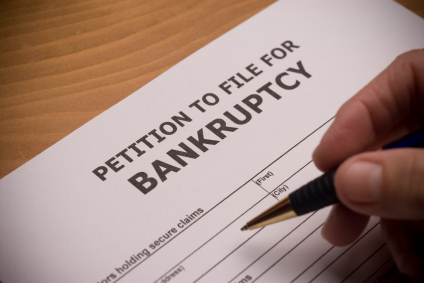Lebanon was included among the world most vulnerable to bankruptcy because of the sovereign debt countries. Based on the results reached by the advanced international studies, Lebanon included on the list most vulnerable to a sovereign debt crisis countries. Generally when public debt exceeds 30 percent of the gross national product, the state is a high-risk on the sovereign debt level. The current account deficit increased by more than 5% and payment is due more than 10% of government revenues.
The alphabetical order of the countries that are at risk of bankruptcy because of the political department of the debt crisis, came as follows:
1-Armenia
2-Balbs
3-Costarica
4-Croatia
5-Cyprus
6-Dominican Republic
7-Selvador
8-Gambia
9-Greece
10-Grenad
11-Ireland
12-Jamaica
13-Lebanon
14-Masorsina
15-Marshal Islands
16-Montenegro
17-Portugal
18-Spain
19-Srilanka
20-ST Vincent
21-Tunis
22-Ukrain
23-Sudan
24-Zimbabwe
These countries rely on large debts at a specific interest rate, and when the US will raise interest rates these countries will manage the refinancing process, and it will get higher interest rates, which will push investors to withdraw their money from small emerging markets.The World Bank has recently warned these countries in order to be ready for the worst, and linking senior economists that the prospect of any lifting of interest rates by the Americans, which will shake the sovereign bond market in the world.
The sovereign debt has ballooned as a result of the lack of money to hire the best options, but there is great pressure on governments and central banks in order to keep the debt on the old rates.
The cross-border loans and continents in the private and public sectors has increased from $ 11.3 trillion in 2014, and is expected to rise this year to $ 14.7 trillion, and that at the global level. The global foreign debt has risen by 30 percent in the four-year period only, in reference to the main reason for the expected crises, which are not a find a solution have so far.
While some countries have used external debt to diversify its economy in the right place, many countries have spent this dept randomly and political, which made the situation worse.
While interfering with central banks, including the Central Bank of Lebanon, to cover the deficit in the sovereign bond market one way or another, senior analysts believed that it would not be available all the time. He says: We currently live in a country where doctors are destroying health, jurists destroy justice, universities destroy knowledge, media destroys information, and religion destroys morality, banks destroy the economy.

























